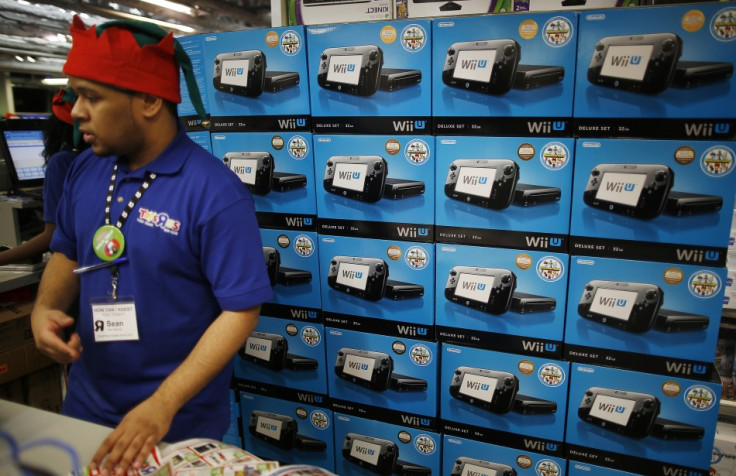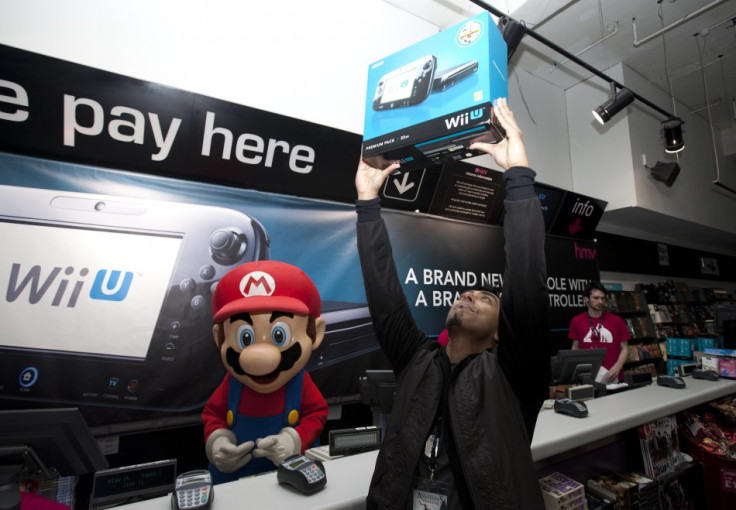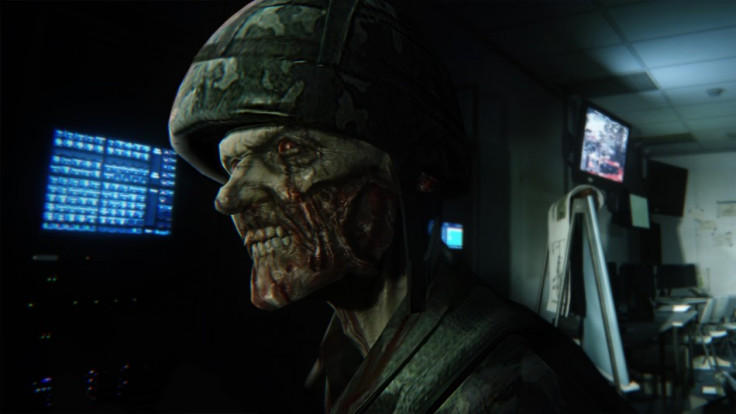Nintendo Wii U: Why the Console Isn't Selling
As Nintendo slashes sales expectations for the Wii U, Games Correspondent Ed Smith looks at why the console is struggling to sell

Despite Nintendo reporting that within three months of launch the Wii U had made $300 million (£190m) compared to the original Wii's $270m during the same period, sales of the new console have slowed down.
In the seven days leading up to Christmas 2012, the Wii U sold just 122,000 units in Japan, compared to a week before when it sold 130,000. The Wii U also struggled in its opening week, shifting 400,000 units in the US between 18 and 24 November compared to the original Wii's 476,000 units during a similar period in 2006.
As a result, in its third-quarter financial figures published today, 30 January, Nintendo has slashed its sales forecast for the Wii U dramatically, and is now expecting to sell four million consoles by March 2013 instead of the originally predicted 5.5m.
Aside from lower than anticipated sales figures, critical response to the Wii U has also been lukewarm, with Polygon, IGN and IBTimes UK all greeting the console with mild, caveated praise.
Franken-console
The problem with the Wii U is that it doesn't know what it wants to be. When the original Wii and its motion-sensitive controllers launched seven years ago, the concept and the marketing were targeted very specifically at casual players - mums, dads, and otherwise unsavvy people who liked the look of videogames but were put off by complex joypads.
The Wii U is not so self-assured. Its hardware, more powerful than its predecessor though it may be, is trying to be several things at once. The GamePad makes it a tablet; the 550Mhz graphics core makes it an Xbox; the compatibility with Wii-motes makes it a Wii.
And on top of that, it has a video-streaming service with TVii, a social network with the MiiVerse and an internet browser; it has apps and online shopping; you can take pictures with it and make video calls. On paper, or in board rooms, it's a miracle product that will appeal to every market at once.
The high-end graphics are for hardcore gamers whose propensity for big-budget games has turned Call of Duty into the most successful entertainment franchise in the world. But at the same time, the Wii U is chasing the equally lucrative casual and mobile markets with its apps and its WiiMotes.
And then there's the touchscreen GamePad, the MiiVerse and the video streaming, all tailored to the iPad/Facebook/Netflix generation. On paper, the Wii U is a glorious every-machine that will attract buyers from the entire consumer electronics market. In reality, it's a nebulous Franken-console and nobody gets what it does.
PlayStation 3
It's a similar problem that afflicted the PS3, back when it launched in 2006. Rather than the dedicated game consoles that were the PS1 and PS2, the PlayStation 3 was trailed by Sony as an all-in-one entertainment hub, complete with Blu-Ray player, internet browser and music and photo storage. It confused buyers who were expecting, and looking forward to, something to just play better games on. The Wii U is the same. It has no clear through line or purpose, and consumers don't totally understand what they're getting for the money.

And whereas the PS3 grew into its own, its universality eventually proving to be ahead of its time, the Wii U is jogging behind. As summarised by Wedbush analyst Michael Pachter during an episode of his GameTrailers series, Nintendo is "a few years late."
Again, it's a case of big numbers on paper actually meaning low sales in reality. When you consider that 20 billion apps were downloaded from the App Store in 2012, more than one billion people now have Facebook accounts, and in March 2012, Apple was able to sell 3 million iPads in 3 days, it's easy to believe that an exploitable market exists for apps, social networking and tablet-based gaming. But the point that Nintendo seems to be missing with its reheated Wii U is that large figures like these don't necessarily mean people want these things - they mean people already have these things.
Nobody is using the MiiVerse for social networking because they have Facebook, Twitter and Instagram; nobody is surprised by tablet-based, touch-sensitive gaming because it already exists. When the WiiMotes launched, they were something nobody had. The Wii U, despite its bells and whistles, is old rope.
Games
And there are still no exciting games for it. Like the hardware, the Wii U's software line-up is plainly rehashing old ideas. It's mostly ports that people either own already on other consoles, or have no interest in buying, since they're casual users looking for more of the original Wii's simplicity. In terms of exclusives, there's Nintendo Land, a patronising assembly of mini-games that mainly serves as a tech demo for the GamePad, and Zombi U, a clunky, forgettable survival horror title that doesn't complement the console's idiosyncrasies.
It's likely brand recognition that will help repair the Wii U. New Mario, Yoshi and Zelda games are slated for later in 2013 and if the same fanatical dedication which has kept those series afloat for decades prevails, that could mark a turnaround or at least a peak in the Wii U sales cycle.

And although the third-quarter report also slashed 3DS sales predictions, from 17.5m to 15m, it indicated that 3DS software sales were up by 41 percent - a natural bump considering Christmas but nevertheless a sign that people are still buying games for their 3DS. If the Wii U can learn anything from the now two-year-old 3DS, it's that familiar hardware can still be profitable so long as the games exist to support it.
With revenues for the first three quarters down to $5.970bn, compared with $6.115bn a year earlier, Nintendo needs to better define the Wii U in 2013 and shore up its software range. The recent announcement of new Zelda, Yoshi and Mario games, as well as a mystery RPG from Monolith Soft should take care of that second problem, but as for convincing consumers that the "Wii U ecosystem" is worthwhile, the company still has work to do.
© Copyright IBTimes 2025. All rights reserved.






















